Essential Services, Good Governance, and Economic Recovery
Strengthening communities by rehabilitating essential services, building local governance capacity, and improving livelihood opportunities
Syria
 Water, Sanitation & Hygiene
Water, Sanitation & Hygiene
 Livelihoods & Economic Development
Livelihoods & Economic Development
 Stabilization & Governance
Stabilization & Governance
 Climate-smart Agriculture & Food Security
Climate-smart Agriculture & Food Security
 Infrastructure & Essential Services
Infrastructure & Essential Services
2020-2025
USAID
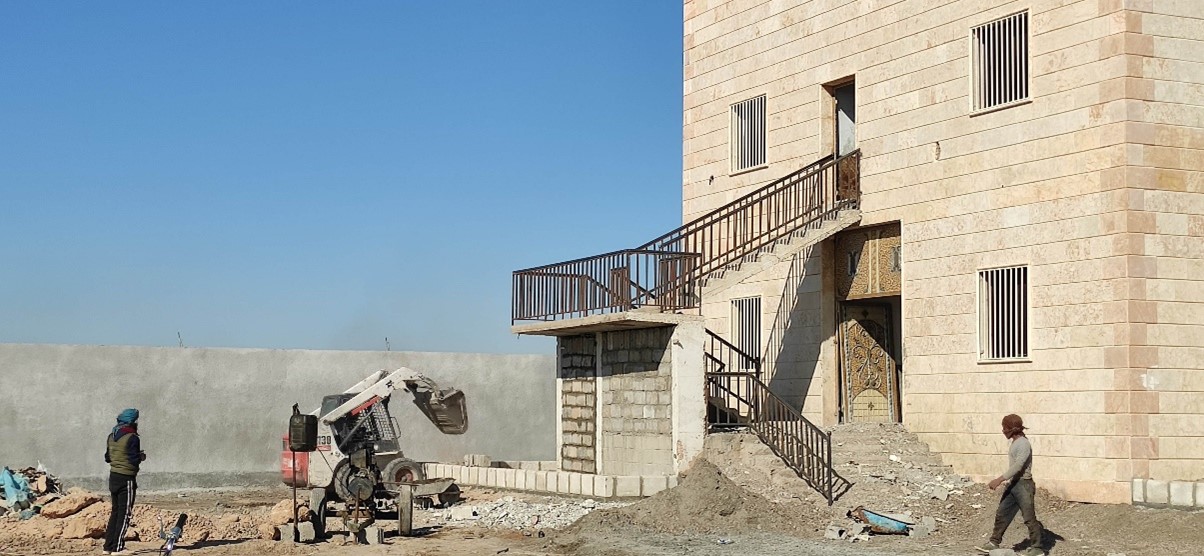
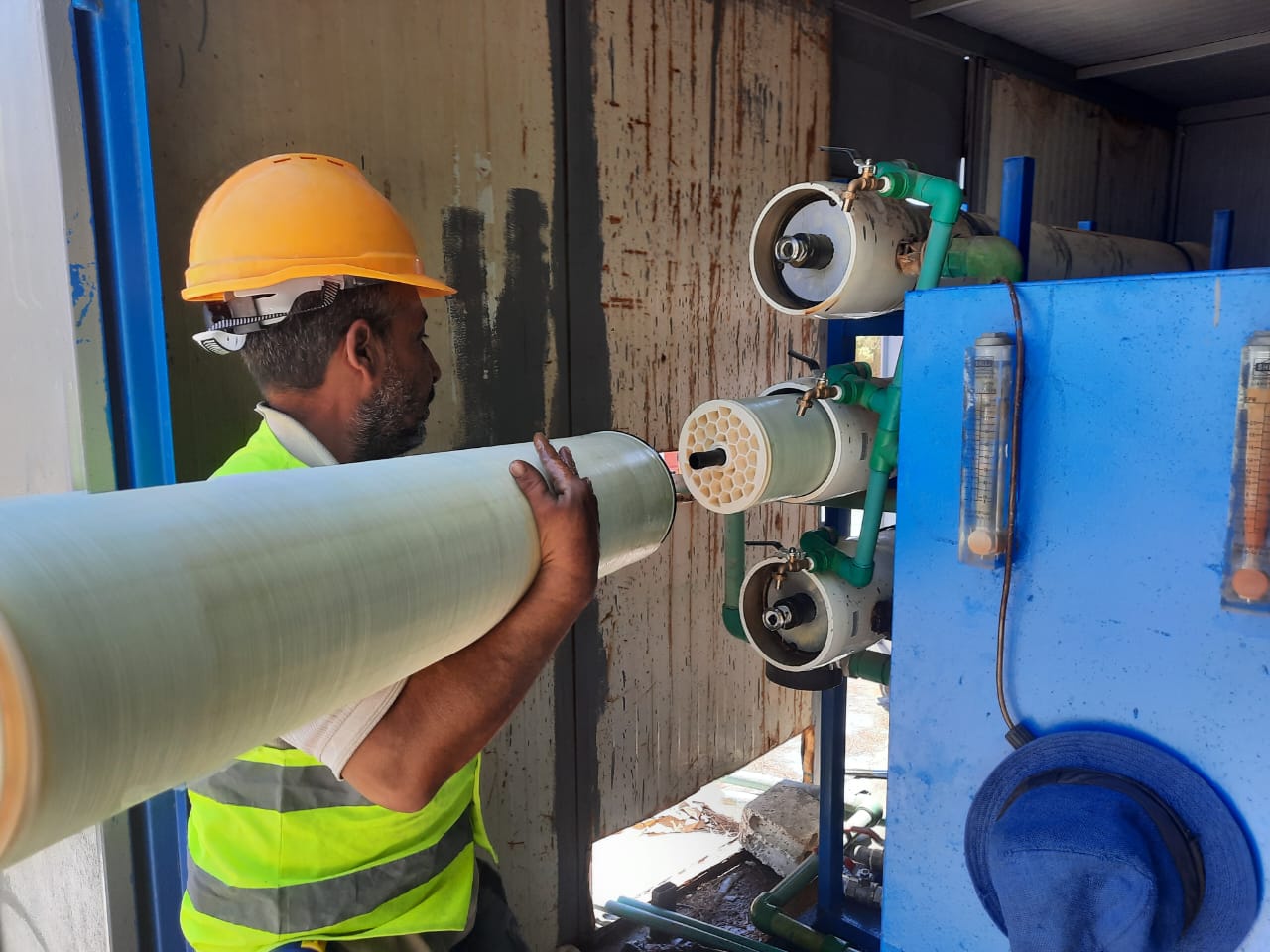
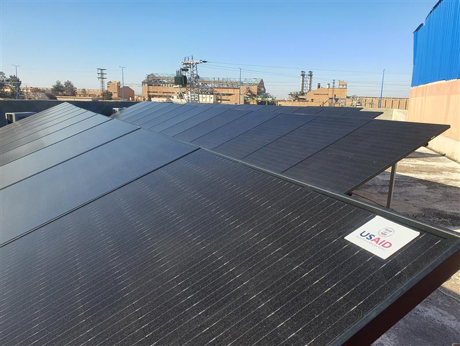
We are implementing the Essential Services, Good Governance, and Economic Recovery Project (ES), the first task order under USAID’s Building Resilient and Inclusive Communities in Conflict (BRICC) IDIQ. The work builds on progress made during the Syria Essential Services II Project (2016-2020) to continue strengthening communities in Syria. Efforts focus on rehabilitating essential services, building local governance capacity, and improving livelihood opportunities.
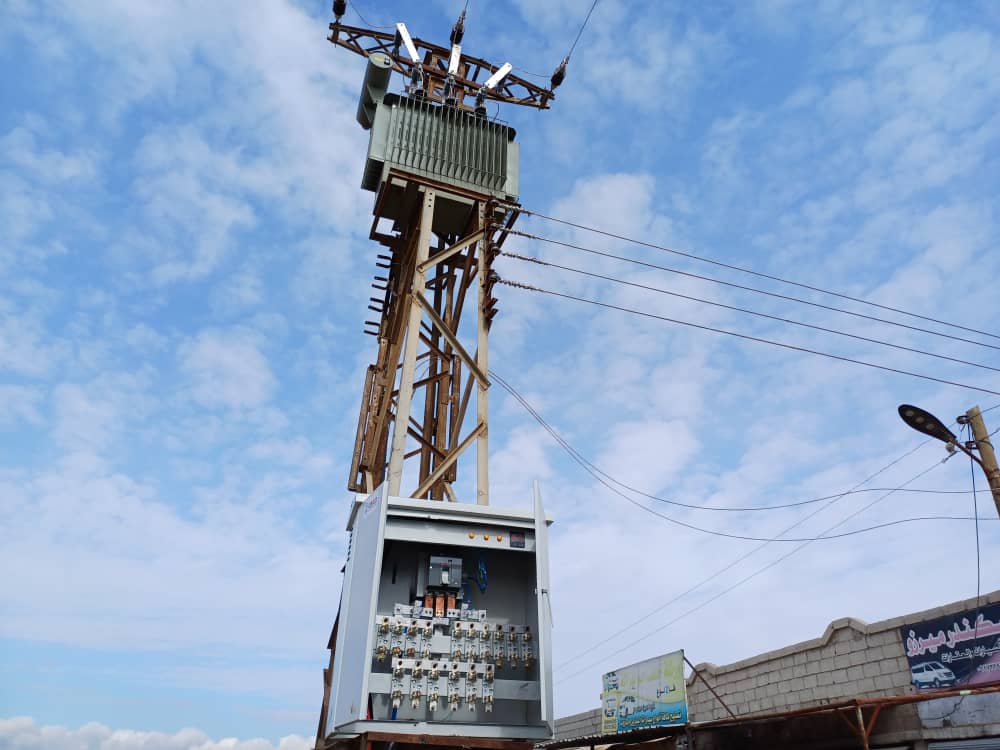
Restoring Services, Systems, and Value Chains
Collaborating with local and regional councils, technical directorates, and civil society organizations in northeast Syria, our teams select and implement activities based on the priorities of local communities. Since the start of the project, we restored critical essential services, including electricity through installation of new transformers and maintenance of transmission lines, and drinking water with rehabilitation of water treatment facilities.
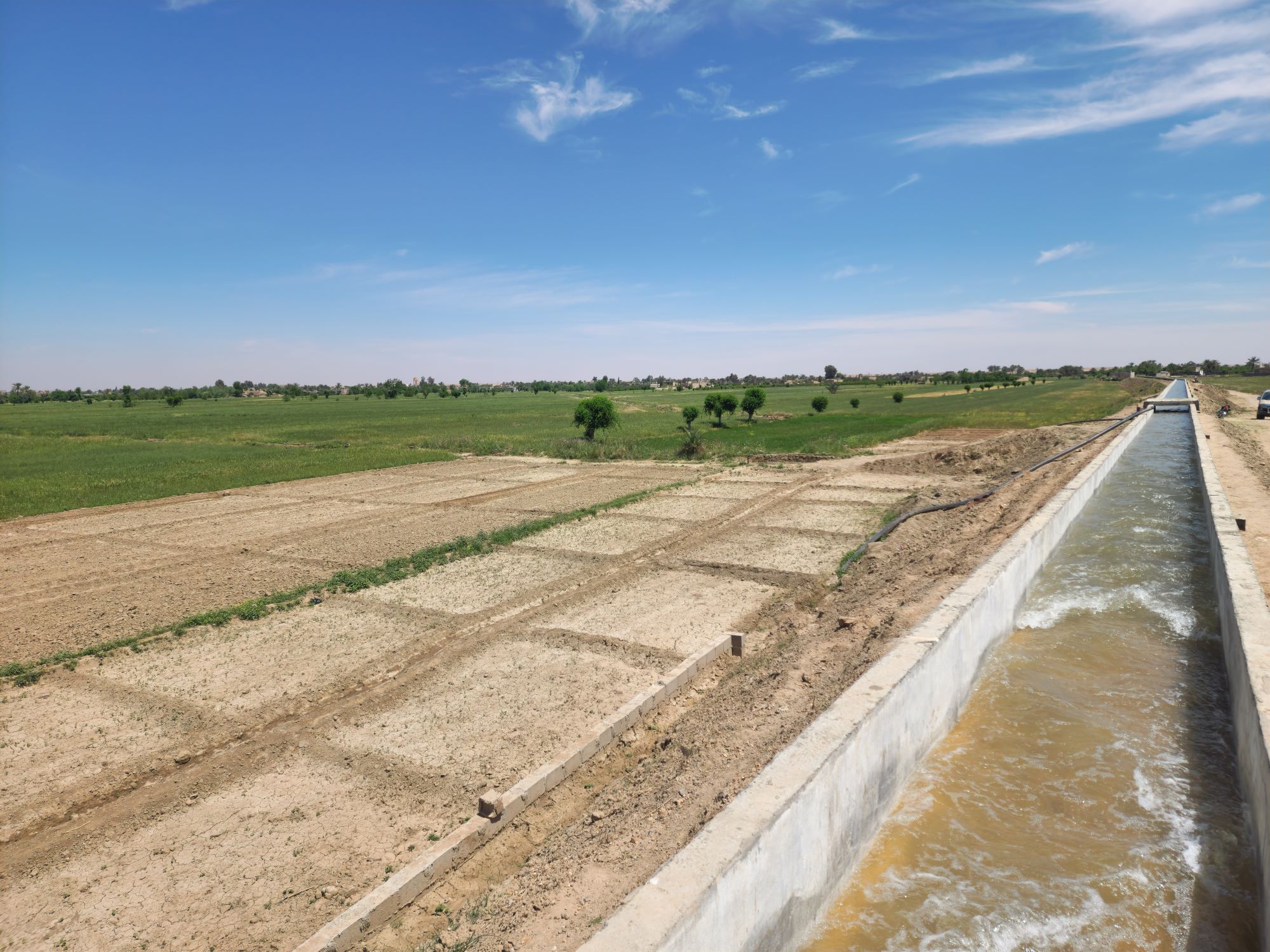
We supported the COVID-19 response and strengthened the health sector throughout Northeast Syria with rehabilitation of hospitals and clinics, establishment of medical-grade oxygen bottling plants and solar-powered vaccine cold storage rooms, and facilitation of health systems strengthening activities and vaccine awareness campaigns in coordination with local authorities.
Under the economic recovery task, the project has revitalized poultry and horticultural value chains, as well as rehabilitated agricultural complexes to restore irrigation pumping services.
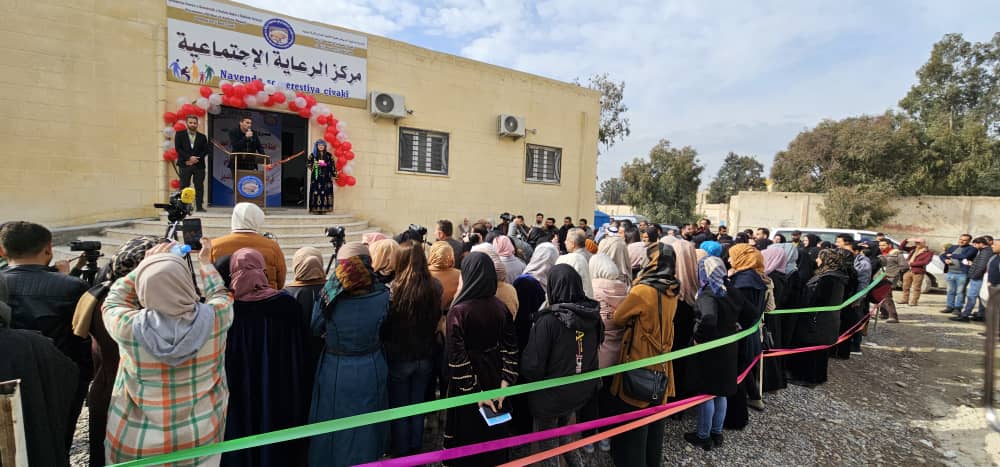
Supporting Returnees and Communities
We partner with local councils and organizations to support the reintegration of Syrians returning from displacement. In 2023, the team managed 872 returnee cases in the region. These efforts strengthen local capacity to develop and maintain a case management system to connect returning families to services that support reintegration into the community, including shelter, education, and health. In addition, we collect returnees’ feedback on the resources and services they need most. We then work with the local stakeholders to help ensure these needs are met while also implementing activities directly with local authorities in sectors such as water, power, and other essential services.



